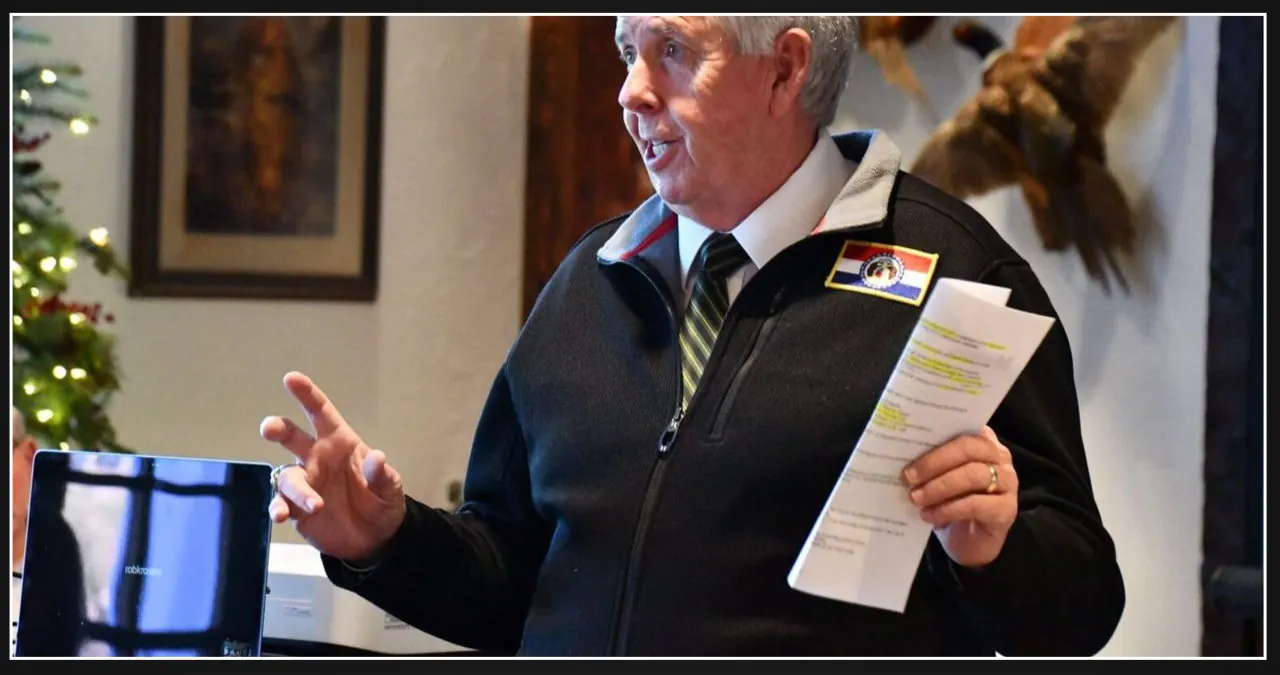According to the Congressional Budget Office, failing to secure the border will result in a $300 billion increase in the federal deficit over the next decade. Additionally, other estimates suggest that the financial strain caused by Biden’s illegal immigration wave on federal, state, and local governments could exceed $150 billion annually.
While most federal welfare programs are inaccessible to the majority of illegal immigrants, there are significant exceptions to this rule. A significant number of illegal immigrant households consist of children who were born in the United States. These children are eligible to receive all federal welfare benefits. Additionally, some states have expanded Medicaid eligibility to include illegal immigrants, and six states permit them to receive food stamps. Moreover, under current legislation, all children of illegal immigrants have access to school lunch and other related benefits.
Finally, and most importantly, immigrants who have been granted parole into the United States for a term longer than a year, like the majority of the illegal immigrants released into the country by the Biden administration, are eligible to access all federal welfare programs. It is worth noting that the parole status, which was given to most of the illegal immigrants allowed into the country by President Biden, is a significant factor driving the spending on welfare programs for illegal immigrants.
Senator Mike Lee, a Republican from Utah, recently proposed a legislation aimed at cutting off the financial support for illegal immigrants, including those who have been granted parole. The America First Act, introduced by Lee, meticulously examines the statutes governing various federal safety net programs and ensures that individuals without proper permission, including those on parole, are deemed ineligible for these programs. The act covers a wide range of programs such as the child tax credit, the earned income tax credit, Head Start, Medicaid, Medicare, Section 8 housing, the Supplemental Nutrition Assistance Program, Supplemental Security Income, and Temporary Assistance for Needy Families.
Elon Musk’s New Government Role Raises Ethical Conundrums
Elon Musk, the renowned entrepreneur and CEO of Tesla and SpaceX, has recently taken on a new government role that has sparked a debate surrounding its ethical implications. As an influential figure in the tech world, Musk’s involvement in government affairs has garnered both praise and criticism.
On one hand, supporters argue that Musk’s expertise and innovative thinking can bring fresh perspectives to the table. They believe that his involvement in shaping policies related to technology and renewable energy can lead to positive outcomes for society. Musk’s track record of pushing boundaries and disrupting traditional industries has earned him a reputation as a visionary, and some view his government role as an opportunity to leverage his skills for the greater good.
However, there are concerns about the potential conflicts of interest that may arise from Musk’s dual role as a government advisor and CEO of private companies. Critics argue that his involvement in government decisions could inadvertently benefit his own business ventures, creating an unfair advantage over competitors. They worry that this could compromise the integrity of the decision-making process and undermine the principles of transparency and accountability.
Moreover, Musk’s outspoken nature and controversial statements on various topics have also raised eyebrows. Some fear that his tendency to make bold claims without sufficient evidence or consideration could lead to ill-informed policy decisions. There is a need for caution in ensuring that Musk’s influence is balanced with rigorous analysis and expert input.
The ethical conundrum surrounding Musk’s government role highlights the challenges of navigating the intersection between business and politics. While his expertise and ambition hold the potential for positive change, it is crucial to maintain a vigilant eye on potential conflicts of interest and ensure that decisions are made in the best interest of the public.
In conclusion, Elon Musk’s new government role has sparked a debate on the ethical implications of his involvement. While supporters applaud his innovative thinking and potential contributions to policy-making, critics raise concerns about conflicts of interest and the need for careful decision-making. Balancing the benefits of Musk’s expertise with ethical considerations is crucial in ensuring that his government role serves the greater good.
The legislation removes the Federal Emergency Management Agency’s Shelter and Service Program, which Biden utilized to redirect FEMA funds from natural disaster emergencies to housing for undocumented immigrants. It prohibits the utilization of Housing and Urban Development Community Block Grants for providing goods or services to individuals who are in the country illegally.
Lee’s proposed legislation is unlikely to be passed this year. However, as its main impact would be on the budget by reducing federal spending, it could potentially be included in the reconciliation bill that Republicans plan to introduce in the near future.
Republicans will likely aim to incorporate a significant portion of their immigration reform agenda into the bill. However, it is anticipated that the Senate parliamentarian, who holds authority based on Senate rules, will determine that a substantial part of the bill exceeds what can be accomplished through a simple majority in reconciliation. For instance, a federal requirement mandating employers to utilize the Department of Homeland Security’s E-verify program to verify the legal status of employees would probably be deemed ineligible for reconciliation.
To access further articles from The Washington Examiner, click here.
Lee’s America First Act includes several policies that would qualify under this proposal. These policies encompass measures like imposing higher fines for visa overstays and increased fees for asylum applications. Additionally, the Act also considers taxing remittances to foreign countries, which currently amount to hundreds of billions of dollars annually.
The United States has a rich history as a nation of immigrants. However, it is important to note that when our ancestors arrived, they did not have access to a trillion-dollar welfare system that could support them. They had to rely on their own abilities and the assistance of their communities to make a living. In light of the parole loophole that has been exploited by the current administration, it is crucial for Congress to take action and ensure that individuals who are in the country illegally are not entitled to welfare benefits.







